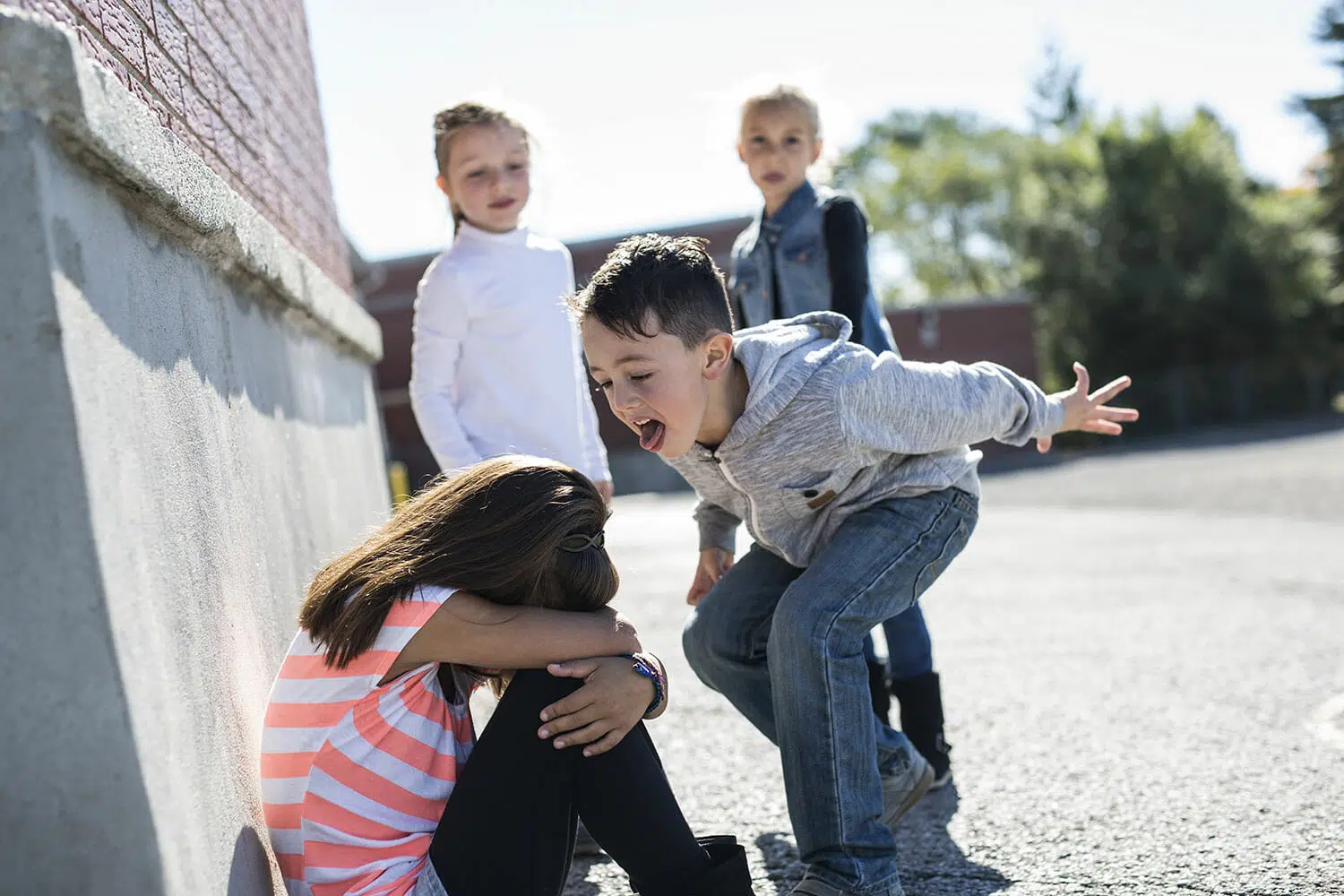Gone are the days of dunce caps and willow switches to force kids to behave in school. The same problems underlying outbursts in the 1800s, though, still haunt our children. Difficult home lives, low self-esteem, being bullied; all these problems are everlasting in schools from Virginia to Vladivostok. As a parent, you are not helpless. Here’s what you can do to help your child after separation.
You are Not Helpless; They Are
The Dad who has shouldered a separation may feel out of his depth when dealing with his own children. Many Virginia fathers took on the traditional role of disciplinarian but left most of the other parenting chores to the mothers. Now, as a separated Dad, you must learn what may seem like a new language:
- Talking to school counselors and teachers
- Listening to your kids’ evolving tastes in clothes, music, and friends
- Knowing what the hip and cool expressions are and what they mean
- Getting in touch with softer emotions, both within yourself and in your kids
You are the adult; you cannot take on the mantle of helplessness and pretend everything is okay if you are getting signals from school that your child is in crisis. The child, if anybody is, is helpless. Overwhelmed by feelings beyond her control, she acts out. It is the only thing your kid can do, because her mind is racing, her emotions are in turmoil, and she has no life experience for the situation.
Experts at Psychology Today remind us that children encounter all the same feelings, fears, and depression adults can have. Unlike adults, though, children cannot usually drown their sorrows in alcohol, distract themselves with expensive toys, or escape their living situations. They are, in every sense, helpless while you, their Dad, must view yourself as helpful and powerful.
Talk It Out with the School
If you get reports that your child is acting out in school, contact the school immediately, by telephone or by email. School schedules are often somewhat rigid, and school hours are determined by local school boards. Do not expect to meet with a guidance counselor or teacher at 5:30 after you get off work. You will need to work around their schedules and expect a short visit: most periods for most grades are under an hour.
Carving out time to talk to you can mean finding a substitute for the classroom teacher, for example. Be on time and be ready to make productive use of the time.
Listen to your child’s guidance counselor, vice-principal, teachers and principal. Find out exactly what the behaviors are, and if a pattern exists. Maybe the separation included visitation time with Mom, and every Monday after visiting her, your child is crabby, lashes out, or appears dirty. Maybe every Friday before parenting time with Mom your child seems revved up, in a fighting mood.
Take Your Child’s Side
You are your child’s best advocate. That does not mean, though, that your child is saintly. If your child is accused of bullying, fighting, or other aggression, avoid cross-accusations toward other children. You were not present to see what happened. Before jumping to your child’s defense, learn what occurred. Your child really could be at fault, and an acknowledgement of that goes a long way toward healing:
- You realize your limitations as the Dad
- Your child learns to accept responsibility
- The school defuses a potentially worsening situation
Take your child’s side, yes, but see that part of taking her side could be holding her accountable for her actions, so she realizes acting out at school (especially about a separation or divorce) is inappropriate. You may make her pay a temporary price for her behavior, but you have separated the personal issues (the separation) from her “professional life” (being a student).
Consider Counseling for Your Child
Many school guidance counselors can recommend family therapists or child therapists to help your son or daughter work through the anxiety they feel over separation.
Common warning signs, not just from school but in everyday life, are easy for attentive parents to spot, say experts at Our Family Wizard:
- Aggression
- Depression
- Mood swings
- Sleeplessness or its opposite, constant fatigue
School is often viewed by children as a “safe” place to expel harmful emotions, because the parent (the true object of the feelings) supposedly does not know. In a separation, both parents need to be monitoring their children and exchanging information.
Think of the Legal Consequences
Depending on the severity of your child’s behavior in school, you may face legal consequences. Virginia school law, as applied by the Virginia Department of Education, allows for removal of a student from class, suspension, exclusion, and even expulsion.
Beyond education law, if your child bullies or injures another student, you can face civil lawsuits since you (and the child’s mother) are legal guardians. Have an age-appropriate conversation with your child about these consequences.
As your full-service family law firm, The Firm For Men is here for Virginia’s men before, during and after your separation or divorce. Contact us online or at 757-383-9184 to let us help you with child custody, child support, modifications, and more.

